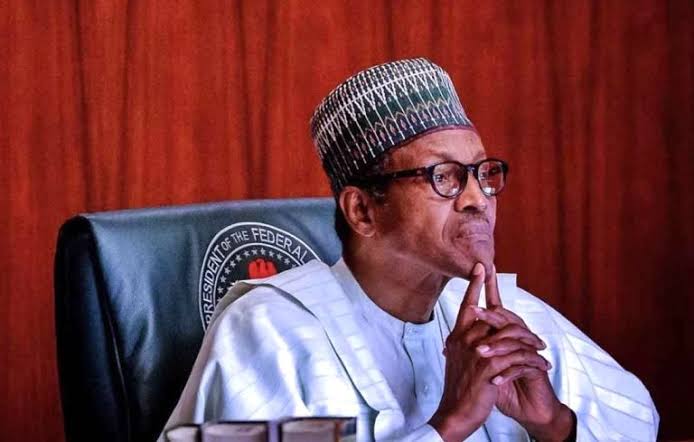Nigeria’s Debt Profile Nears 77 Trillion – DMO

Director General, Debt Management Office (DMO), Patience Oniha, has said the incoming administration would inherit about N77 trillion debt by the time President Muhammadu Buhari’s tenure ends in May.
Oniha stated this while answering questions from journalists at the public presentation and breakdown of the highlights of the 2023 appropriation act in Abuja on Wednesday.
Minister of Finance, Budget and National Planning, Zainab Ahmed, had said the federal government would finance the deficit by borrowing.
The minister said 22 percent of projected revenues will come from oil-related sources while 78 percent will be earned from non-oil sources.
To fund the deficit, according to Ahmed, N7.04 trillion would be borrowed from domestic sources, N1.76 trillion from foreign sources, N1.77 billion from multilateral and bilateral loan drawdowns, while privatisation proceeds would provide N206.18 billion.
However, on Tuesday, Buhari signed the N21.83 trillion 2023 budget into law, with a deficit of N11.34 trillion.
The deficit represents 5.03 percent of the country’s gross domestic product (GDP).
Oniha explained that the move by the federal government to securitise the loans (ways and means) from the central bank would drive up the debt to about N77 trillion.
Although data released by the DMO had put Nigeria’s public debt at N44.06 trillion as at the third quarter 2022, the federal government plans to borrow more to finance both the supplementary and 2023 budgets.
“There are a lot of discussions on the ways and means. In addition to the significant cost saving in loan service we would get by securitising it, there is an element of transparency in the sense that it is now reflected in the public debt stock,” she said.
“Once it is passed by the national assembly, it means we will be seeing that figure included in the public debt. You will see a significant increase in public debt to N77 trillion.
“The other area of the debt stock we are trying to highlight is to say the debt stock is also growing from the issuance of promissory notes, which are not true borrowing as such by the government.“

